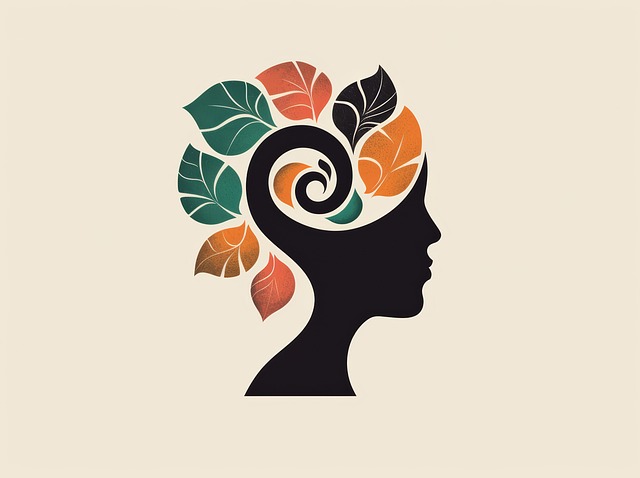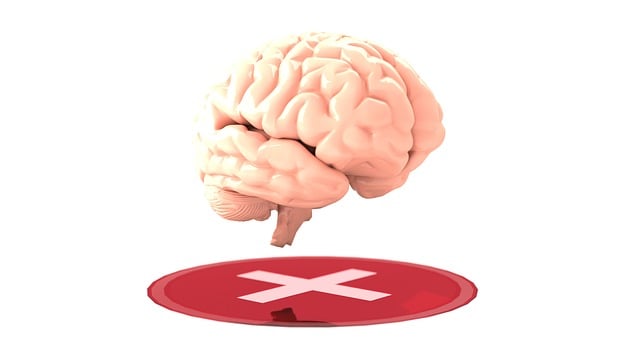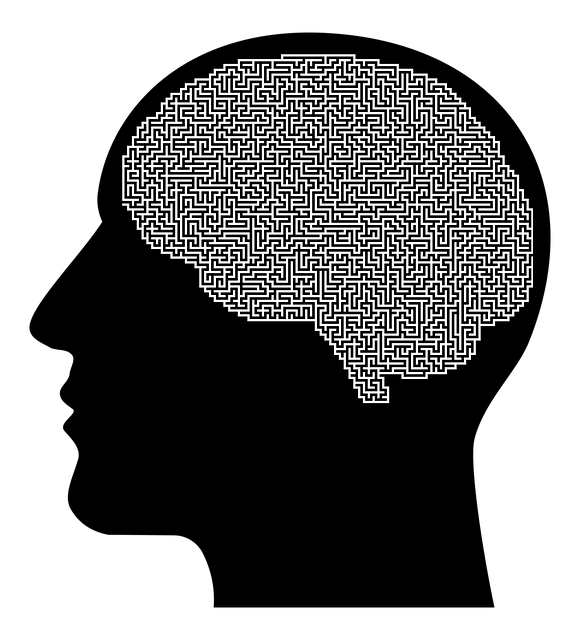Arvada Dissociative Disorder Therapy (DDT) offers specialized, compassionate care for individuals struggling with complex mental health conditions stemming from trauma. Through evidence-based methods like CBT and EMDR, trained professionals help clients manage dissociation, reduce stress, and build coping mechanisms. By integrating disconnected aspects of mental states, DDT restores wellness and control over one's life. Local service providers in Arvada provide confidential, non-judgmental spaces for counseling, group therapy, and support groups tailored to various trauma forms, empowering individuals on their healing journey.
Trauma support services play a vital role in helping individuals cope with the profound effects of dissociation, a common yet complex symptom of traumatic experiences. This article explores critical aspects of trauma care, focusing on dissociative disorder and its impact. We delve into the therapeutic approaches, highlighting Arvada’s innovative methods in treating this condition. Additionally, it guides readers through navigating available resources, ensuring access to essential support, especially for those struggling with dissociation. Understanding these services is a crucial step towards healing.
- Understanding Dissociative Disorder and Its Impact
- The Role of Therapy in Trauma Support Services
- Arvada's Approach to Dissociative Disorder Therapy
- Accessing and Navigating Trauma Support Resources
Understanding Dissociative Disorder and Its Impact

Dissociative Disorder (DD) is a complex mental health condition that often requires specialized therapy for effective management. This disorder, common in individuals who have experienced trauma, characterized by a disconnection from reality and one’s own identity. Symptoms can range from brief dissociative episodes to more severe cases where individuals may feel as if they are outside of their bodies or experience a distorted sense of time. In Arvada, Dissociative Disorder Therapy offers crucial support for those struggling with this issue.
Traumatic events, such as abuse, neglect, or sudden life changes, can trigger DD. The impact is profound, affecting not only an individual’s ability to function daily but also their overall well-being. Without proper care, DD can lead to depression, anxiety, and other mental health complications. Healthcare Provider Cultural Competency Training plays a vital role in ensuring that support services are accessible and tailored to the unique needs of DD sufferers. By incorporating stress reduction methods and focusing on building coping mechanisms, therapy aims to help individuals regain control and restore their sense of self.
The Role of Therapy in Trauma Support Services

Therapy plays a pivotal role in trauma support services, offering individuals with complex and profound experiences a safe space to process their emotions. Trained therapists employ various therapeutic approaches, such as cognitive behavioural therapy (CBT) and eye movement desensitisation and reprocessing (EMDR), to help clients confront and work through the psychological effects of traumatic events. These evidence-based methods are particularly effective in treating conditions like dissociation, a common symptom of trauma, where individuals may feel detached from their thoughts, feelings, or sense of self.
Arvada’s Dissociative Disorder Therapy, for instance, focuses on integrating these disconnected aspects, fostering mental wellness and enabling clients to regain control over their lives. Beyond individual therapy sessions, community outreach programs implementation can extend support, encouraging peer connections and promoting self-care practices as essential tools in the recovery process. By combining professional therapy with community-driven initiatives, trauma support services can create a comprehensive network of care tailored to each individual’s unique needs.
Arvada's Approach to Dissociative Disorder Therapy

Arvada’s approach to Dissociative Disorder Therapy (DDT) is a holistic and individualized process designed to help clients navigate their complex experiences. Our therapists employ evidence-based techniques tailored to address the unique needs of each individual, focusing on trauma integration and dissociation management. We believe in fostering an environment of empathy building strategies where clients feel heard and understood, which is crucial for effective therapy.
The program incorporates various stress reduction methods to help clients cope with the intense emotions often associated with dissociation. By integrating cultural sensitivity into our mental healthcare practice, Arvada ensures that every client receives care that respects their background and experiences. This personalized approach allows us to provide effective DDT, empowering individuals to reclaim their lives and find lasting healing.
Accessing and Navigating Trauma Support Resources

Accessing trauma support resources is a vital step for individuals navigating mental health challenges. For those in Arvada seeking specialized care, such as Dissociative Disorder Therapy, understanding the available options is crucial. Many local service providers offer confidential and non-judgmental spaces where individuals can begin their healing journey. These services often include counseling, group therapy, and support groups tailored to various forms of trauma. By reaching out to community centers or mental health organizations, one can gain access to these resources.
Navigating these resources effectively involves researching and connecting with professionals who align with individual needs. Whether it’s addressing emotional regulation issues, preventing depression, or joining support networks dedicated to reducing the stigma surrounding mental illness, Arvada’s community resources are designed to provide comprehensive care. This process encourages individuals to take that first step towards recovery and connect them with life-changing support systems.
Trauma support services, particularly focusing on Arvada Dissociative Disorder Therapy, play a pivotal role in helping individuals recover from the profound effects of dissociation. By combining understanding with specialized therapy, as highlighted in this article, we can navigate the complex landscape of trauma support resources effectively. Understanding dissociative disorders and leveraging evidence-based therapies like those offered by Arvada’s approach are essential steps towards healing and rebuilding lives impacted by these conditions.














